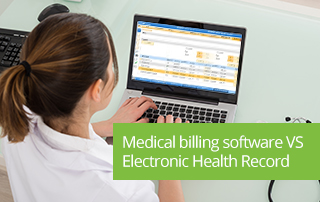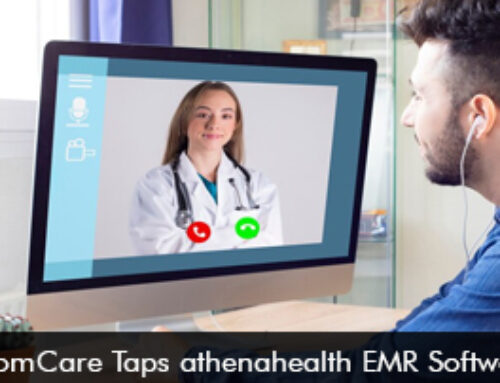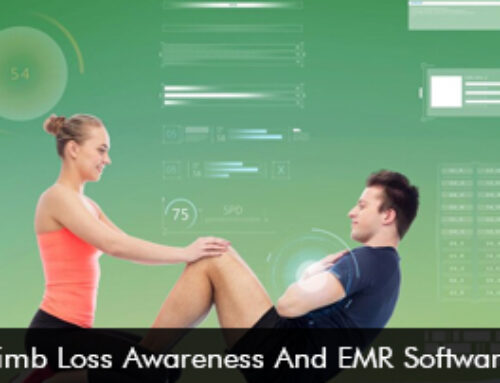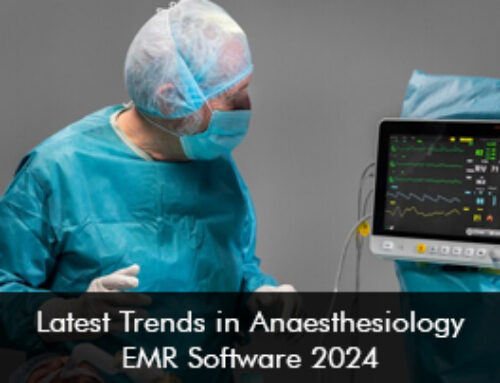Many EHR vendors are offering billing services as well and this tend to confuse many of the difference between an EHR and medical billing software. In order to improve their usability and functionality, many medical billing and EHR software systems are designed to have overlapping features. The main idea behind this all is to offer a “one-stop-solution” to a medical practice. This leads to people using medical billing software and EMR for reasons they are not developed for.
So, an EHR is a single, comprehensive solution that helps doctors achieve Meaningful Use by offering features such as patient scheduling, appointment reminders, diagnosis/treatments/procedures, patient information and history, clinical notes, medication/ drug allergies/prescription, e-prescribing, scans and reports, clinical decision support, electronically available results, patient education resources and full-fledged medical billing programs, all in a single software.
Specialized medical billing software is specifically programmed to keep and maintain comprehensive records of examinations, procedures, tests, diagnoses and treatments that are conducted on patients. The software then combines all this medical information with patient’s policy details and formulates a complete medical record that is utilized to generate bills. Medical billing and coding software is also integrated in many such software to seamlessly and accurately handle all complex processes. They also cater to correspondence involved in medical billing.
So it all comes down to this. While features of an EHR are primarily focused on clinical functions, records and outcomes, specialized medical billing software focuses on a practice’s billing-related administrative and financial processes and medical billing procedures.







